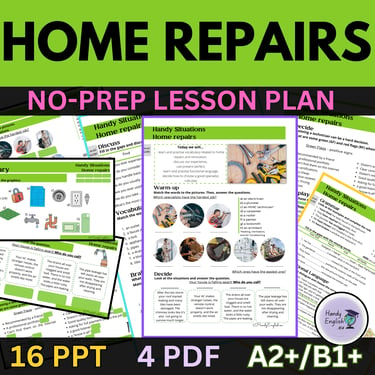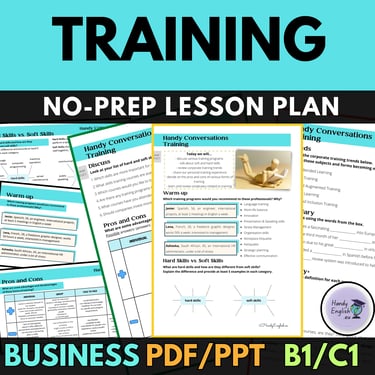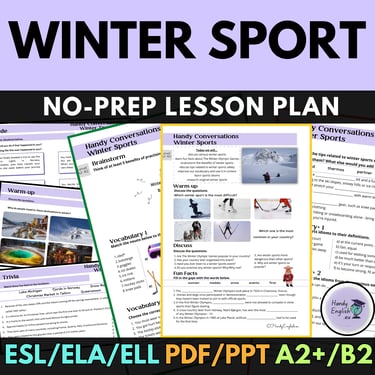[BLOG] Teaching Adults: Strategies and Insights #11 - Assessing Progress in Adult Learners
Discover effective ways to assess progress in adult ESL learners beyond traditional tests. Learn how to track growth through observation, reflection, personal goals, and real-world application for more accurate and motivating results.
Kaya
10/1/2025
Please keep in mind that the opinions posted on this blog are my own.
Everybody might have a different experience and opinions, and that's OK.
When it comes to adult learners, progress isn’t always as obvious as ticking boxes on a grammar worksheet. Sure, tests have their place, but they’re only one part of the puzzle. Adults bring complex motivations, varied learning styles, and wildly different starting points, so assessing their progress needs a more flexible, human approach. Over the years, I’ve found that the most accurate picture of a student’s growth often comes from looking beyond the traditional metrics.
More Than Just Test Scores
Tests can be useful for tracking certain skills, but they rarely capture the full story. An adult learner might ace a grammar quiz yet still freeze in a real-life conversation. Or they might stumble through a formal test but chat confidently with a stranger at a café. That’s why I balance formal assessments with informal ones - things like spontaneous speaking tasks, quick roleplays, or comprehension checks hidden inside engaging activities. These moments often reveal far more than a paper score ever could.
Setting Personal Benchmarks
One of the first things I do with adult learners is ask about their personal goals. Some want to give presentations at work without breaking into a sweat, others want to travel without relying on translation apps, and a few just want to impress their in-laws. Progress looks different for each person, so I measure it against where they started, not against some generic standard. It’s amazing how motivating it is for students when they can see their own journey mapped out in real, meaningful milestones.
Ongoing Observation
As a teacher, you become an expert at noticing subtle shifts - a student who starts using a new tense without prompting, someone who now jumps into group discussions instead of hanging back, or that moment when a learner self-corrects mid-sentence. These changes might seem small, but they’re huge indicators of progress. I keep mental (and sometimes written) notes on these developments, because they tell me far more about growth than a once-a-month test ever could.
Student Reflection
Encouraging learners to reflect on their own progress is a game-changer. I regularly ask my students, “What feels easier now than it did a month ago?” or “Where do you still feel stuck?” Adults often underestimate their progress until they take a moment to think about it. I’ve had students who felt they weren’t improving suddenly realise they can follow a podcast or read a news article they’d have given up on before - and that’s worth celebrating.
Real-World Application
For adults, the ultimate test is using English outside the classroom. I love hearing about how they handled a tricky phone call, negotiated with a client, or navigated an airport without panic. These stories are golden because they show that learning has moved from theory to practice. Whenever a student shares a “real-life success moment,” I log it as part of their progress. After all, that’s what the whole learning process is for - making life easier, richer, and more connected.
Balancing Encouragement and Challenge
Assessment isn’t just about measuring where they are - it’s about deciding where to go next. Too much praise without challenge can stall growth, while too much focus on errors can crush motivation. I aim for a balance: acknowledging every step forward while keeping the next goal within sight. It’s about helping them feel proud and hungry for more.
Assessing progress in adult learners means looking at the whole picture — their skills, confidence, and real-world performance. By combining formal tools with observation, reflection, and personal goals, we can create a more accurate, motivating, and human assessment process.






Get in touch!
Copyright Handy English 2021
”I used this with an adult ELL tutee of mine. I appreciate that the language was accessible for multiple proficiency levels, but the content wasn't obviously geared for children and still useful for older learners.”
August 7, 2023
”Another great resource from Handy English! I used it to give my students more in-depth practise into quantifiers and restaurant language. It's great resource and can be used after the students learn the basics of language for the restaurants and quantifiers. Definitely helped solidify what they learnt.”
February 5, 2023
”Love this resource. Great for fast finishers and also those in small ESL groups. Great for all macro skills as discussion and brainstorming is a great precursor for writing submissions.”
- Gail M.
June 25, 2023
Here's what other ESL Teachers say
Handy English: 4.8/5
”This was a wonderful resource for my students. It helped me introduce them easily to new concepts and it was quite engaging. Thanks!”
- Kiara B.
October 10, 2023
”Great resource for learning vocabulary, which supports comprehension and speaking skills.”
- Lori-Ann W.
September 29, 2023
”What a great way to get a healthy debate going. My students struggle with impulse control and they all have kept it kind and appropriate.”
- Alicia H.
September 17, 2023






